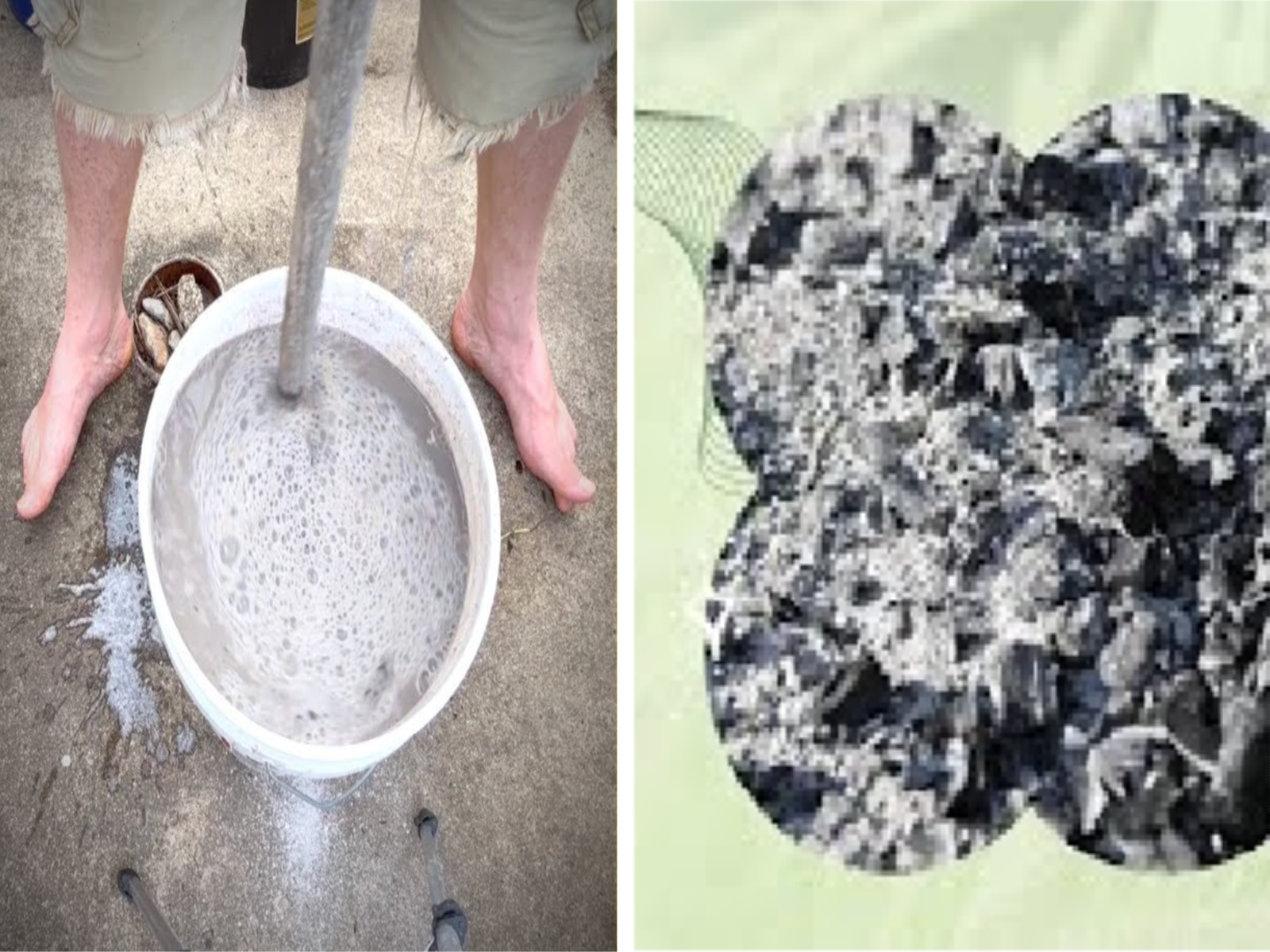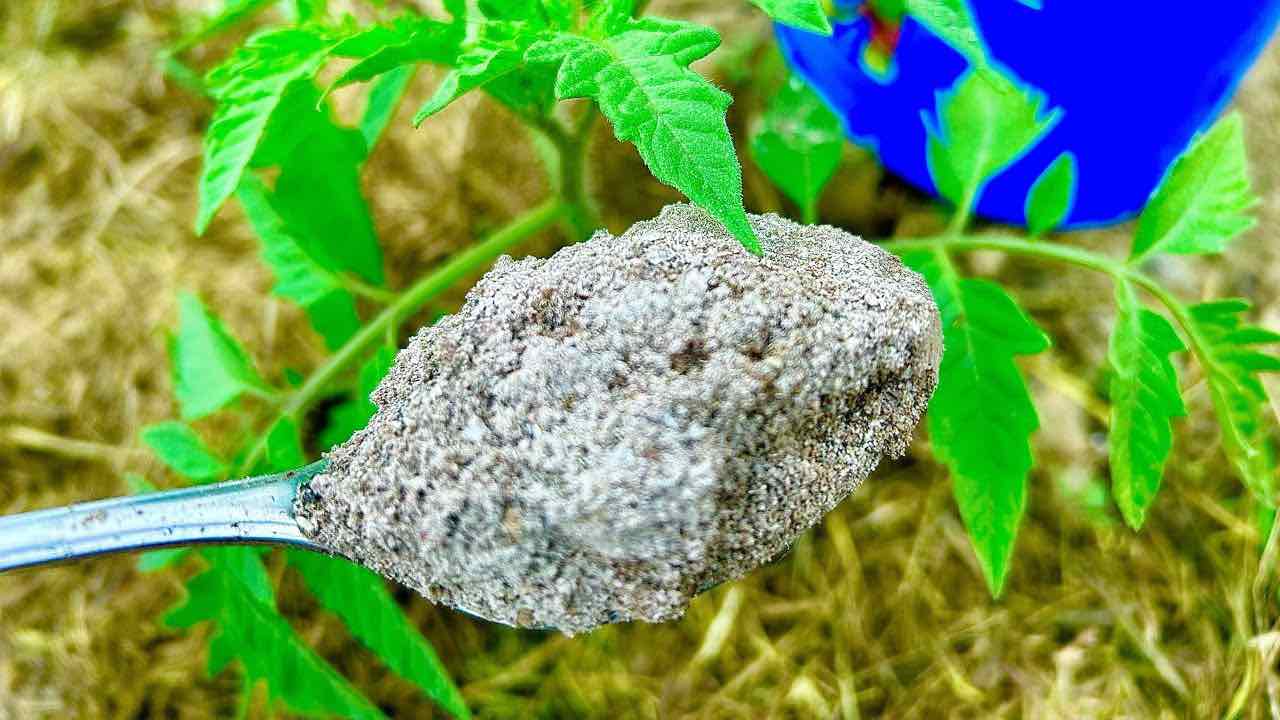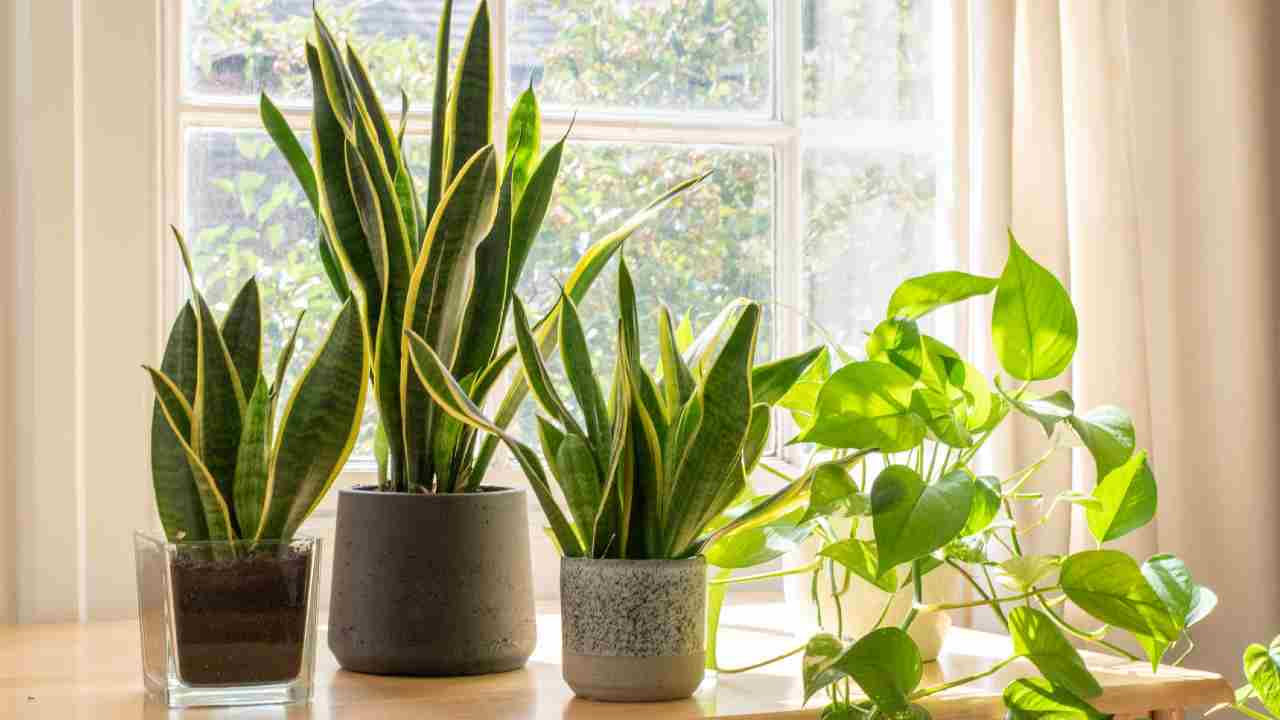
Discover a Cost-Free Fertilizer for Your Plants

Did you know that there’s a waste ingredient readily available in most households that can serve as a valuable fertilizer for your plants? Let’s explore this eco-friendly solution.
Plant Fertilization Essentials
For optimal growth, plants require periodic fertilization. This process is crucial for promoting their healthy and robust development. Fertilization is typically performed during the active growth season, corresponding to spring and summer. Avoid fertilizing during winter or when plants are in a dormant state.
Fertilizers come in various forms, including granules, powders, or liquids. While chemical fertilizers are common, consider embracing organic alternatives like compost or manure. These organic options provide long-term nutrients, contributing to soil health and environmental sustainability.

Now, let’s delve into an innovative method of creating a cost-free fertilizer using a household item that many overlook.
Unlocking the Power of Ash: A Cost-Free Fertilizer
Harnessing organic and natural methods, a waste product commonly discarded by those with fireplaces can serve as a highly effective fertilizer: wood ash. Wood ash boasts a rich content of potassium, phosphorus, calcium, and magnesium, contributing significantly to soil fertility.
Calcium from wood ash maintains plant health and prevents flower rot. Potassium plays a pivotal role in sustaining plant yield, making it particularly crucial for cultivating vegetables like tomatoes. Tomatoes grown in potassium-deficient soil may exhibit irregular growth and patches.

Wood ash’s magnesium content is essential for keeping tomato leaves green and facilitating optimal sunlight absorption. Yellow and curled leaves signify a magnesium deficiency in the soil. Additionally, wood ash acts as a natural repellent due to its salt content, deterring pests like aphids and snails.
To use wood ash as a repellent, simply sprinkle it at the base of seedlings. However, note that its repellent effect diminishes when exposed to moisture, necessitating periodic reapplication. When used as a fertilizer, mix wood ash directly into the soil. To enhance its effectiveness, consider incorporating horsetail leaves, a weed that contains valuable elements such as manganese and magnesium beneficial for plant growth.